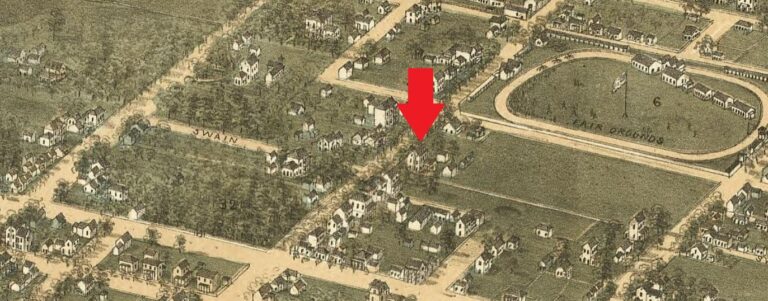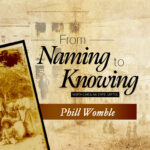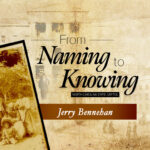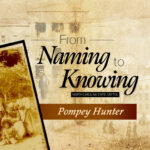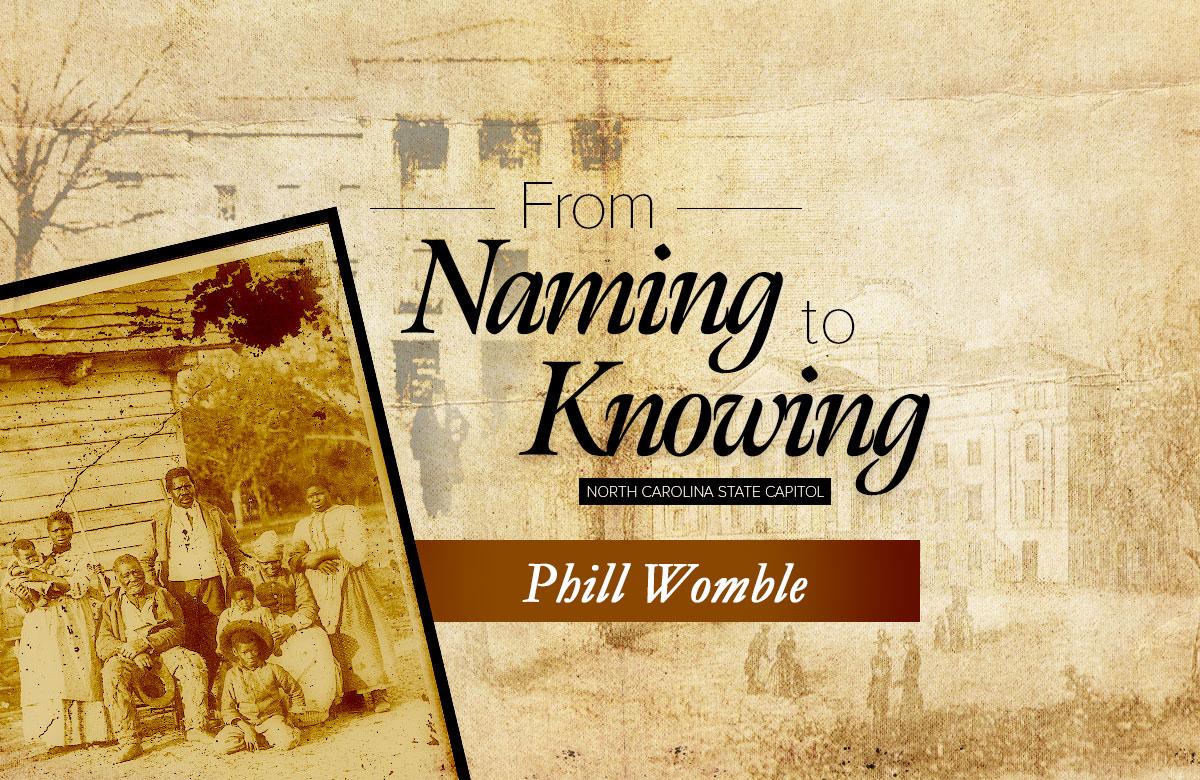
Phill Womble was listed in the 1833 Laborer’s Time Book as a laborer. Throughout his life, he might have been known as Phill or Philip Waverly or Womble – he is listed as all in the Capitol’s records. His enslaver Jordan Womble signed to pick up the compensation for Phill’s work. Phill probably didn’t keep that money, as enslavers rented the labor of their enslaved people to generate profit.
Though very little is currently known about Phill’s life, his enslaver owned and operated a school and grocery store. The people Jordan Womble enslaved might have been working in the grocery store – which was on property at 608 E. Hargett Street, only a few blocks from the Capitol. Enslaved people worked in every kind of business across the economy, especially in an urban setting like downtown Raleigh.
Jordan Womble’s store supplied the state of North Carolina basic construction supplies like buckets throughout the Capitol’s construction. Phill may have been tasked with delivering these purchases to the Capitol when he arrived on site to begin a day’s work.
References:
- Report of the commissioners appointed to superintend the re-building of the State Capitol. Philo White, Printer to the State, Legislature of North Carolina, 1834. Accessed in the Raleigh History Collection, State Archives of North Carolina.
- Bird’s Eye view of the city of Raleigh, North Carolina 1872. Library of Congress.
- Eighth Census Of The United States, 1860, Record Group: Records of the Bureau of the Census. The National Archive, Washington, D.C.
- Murray, Elizabeth Reid. Wake: Capital County of North Carolina, Volume 1. Capital County Publishing Company. Raleigh, NC, 1983.
- Report of the commissioners appointed to superintend the re-building of the State Capitol. Philo White, Printer to the State, Legislature of North Carolina, 1834. Accessed in the Raleigh History Collection, State Archives of North Carolina.
- State Capitol: Miscellaneous Supplies, Hauling, and Services, Treasurer’s And Comptroller’s Records, State Archives of North Carolina.
